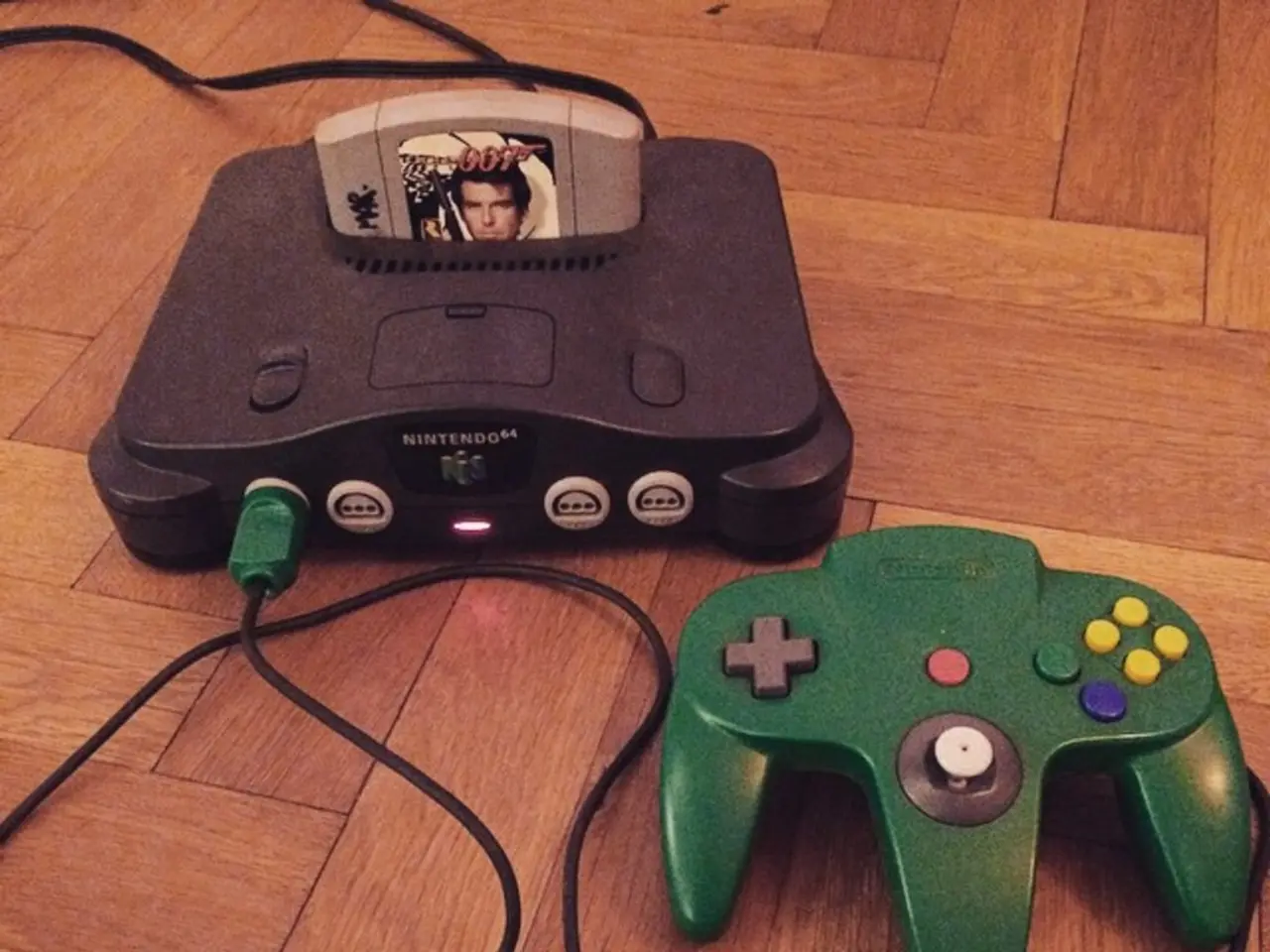Profits Persist Despite Persistent Myths about Rigged Casino Betting Systems
In the world of casino gaming, the allure of a foolproof strategy that guarantees wins is a tantalizing prospect. However, it's essential to understand that such strategies do not exist. This article aims to demystify the mathematics behind casino games, common betting systems, and offer advice on how to play responsibly.
Casino games, such as roulette and craps, are built on independent, random events. For instance, each spin of the roulette wheel or roll of the dice in craps has no memory, meaning past outcomes do not affect future results. This randomness is further ensured by the built-in house advantage, which guarantees that the expected return over time is negative for players, regardless of betting patterns.
One popular betting system is the Martingale Strategy, which involves doubling your bet after each loss on even-money bets. While this strategy seems to promise eventual profit, it is flawed. You can encounter a long losing streak, quickly depleting your bankroll. Additionally, casinos impose betting limits, preventing infinite doubling, and simulations show it does not improve long-term expected value, usually leading to large losses when the losing streak occurs.
Other systems for roulette, such as Oscar’s Grind, D’Alembert, James Bond, and Labouchere, aim to balance wins and losses or achieve predefined profit targets. However, they all share the same limitation: they do not beat the house edge.
A better approach to gambling involves choosing games with the best odds and highest Return To Player (RTP), generally around 95–96%. Sticking to simple bets with lower house edges, such as pass or don’t pass in craps, can also help minimize risk. Avoiding complex or exotic bets that favor the house more heavily is also advisable.
Ultimately, it's crucial to treat gambling primarily as entertainment rather than a way to make consistent money. Casinos are designed to ensure a house edge is always present, meaning the system is set up to draw in more money than it gives out. Remember, probability doesn't change based on past results, and a pattern in gambling is truly nothing more than a coincidence.
In summary, no gambling strategy can guarantee winning at casino games due to the mathematics favoring the house. Betting systems like Martingale may seem appealing but ultimately fail to provide a sustainable advantage or guarantee profits. The best players can do is manage risk, select favorable bets, and play responsibly.
casino-games, such as roulette and craps, follow a pattern of independent, random events, ensuring past outcomes do not impact future results (casino-and-gambling). The Martingale Strategy, a popular betting system, involves doubling bets after losses, promising eventual profits, but is flawed and can lead to quick depletion of funds (blog).




